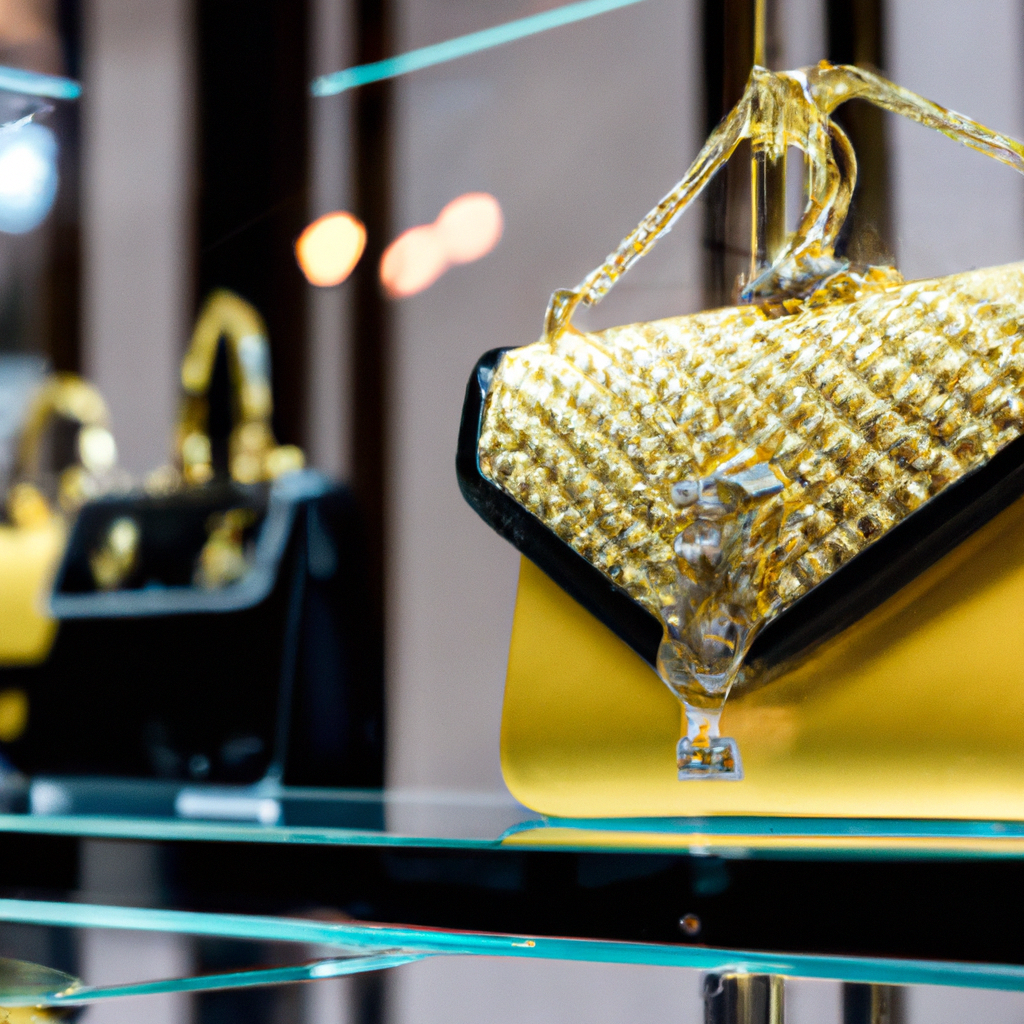According to a report from consulting firm Bain & Company, sales of personal luxury goods are expected to decline by 2% this year, marking the weakest year on record. The main reason for this downturn is attributed to the Chinese market.
Bain is forecasting in its highly anticipated €3,630 billion (approximately $3,860 billion) market report that sales in China will decline by 20% to 22%, making it a drag on the overall industry. The “prosperity” that lasted for several years prior to the outbreak of the Chinese epidemic is no longer present.
These predictions have taken into account the impact of currency fluctuations.
Federica Levato, a partner at Bain, told Reuters, “This is the first decline in the personal luxury goods industry since the 2008-09 financial crisis (excluding the pandemic).”
The research results released on Wednesday (November 13) may heighten investors’ concerns: at a time of stagnation in the luxury goods industry, companies such as LVMH and Kering are being affected, and it now appears that the downturn may last longer than expected and the issues are more serious.
Levato stated that when calculated at fixed exchange rates, global sales of luxury personal goods (including clothing, accessories, and beauty products) are expected to remain flat during the holiday season, with China’s performance continuing to lag.
As inflation and wars persist, luxury brands are raising prices, coupled with China’s economic woes, leading many customers, especially young ones, to forgo purchasing luxury goods.
“Over the past two years, the luxury consumer base has decreased by 50 million,” Levato said, with the industry previously having approximately 400 million consumers.
She added that the growth prospects of the market partly depend on the strategies chosen by brands, including pricing.
Bain stated that driven by shoppers seeking value, direct sales channels have performed well, further indicating that price increases have hindered consumers from buying luxury goods.
On a fixed exchange rate basis, the personal luxury goods industry is expected to grow by 0% to 4% in 2025, benefiting from sales in Europe and the Americas.
Levato mentioned that Donald Trump’s victory in the U.S. presidential election has eliminated uncertainty, with investors expecting increased consumption by Americans after Trump returns to the White House to implement tax cuts and regulatory relaxation.
Bain noted that unlike personal goods, luxury spending on experiences such as hotels and restaurants is expected to increase this year.

